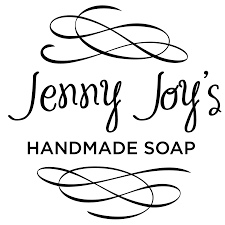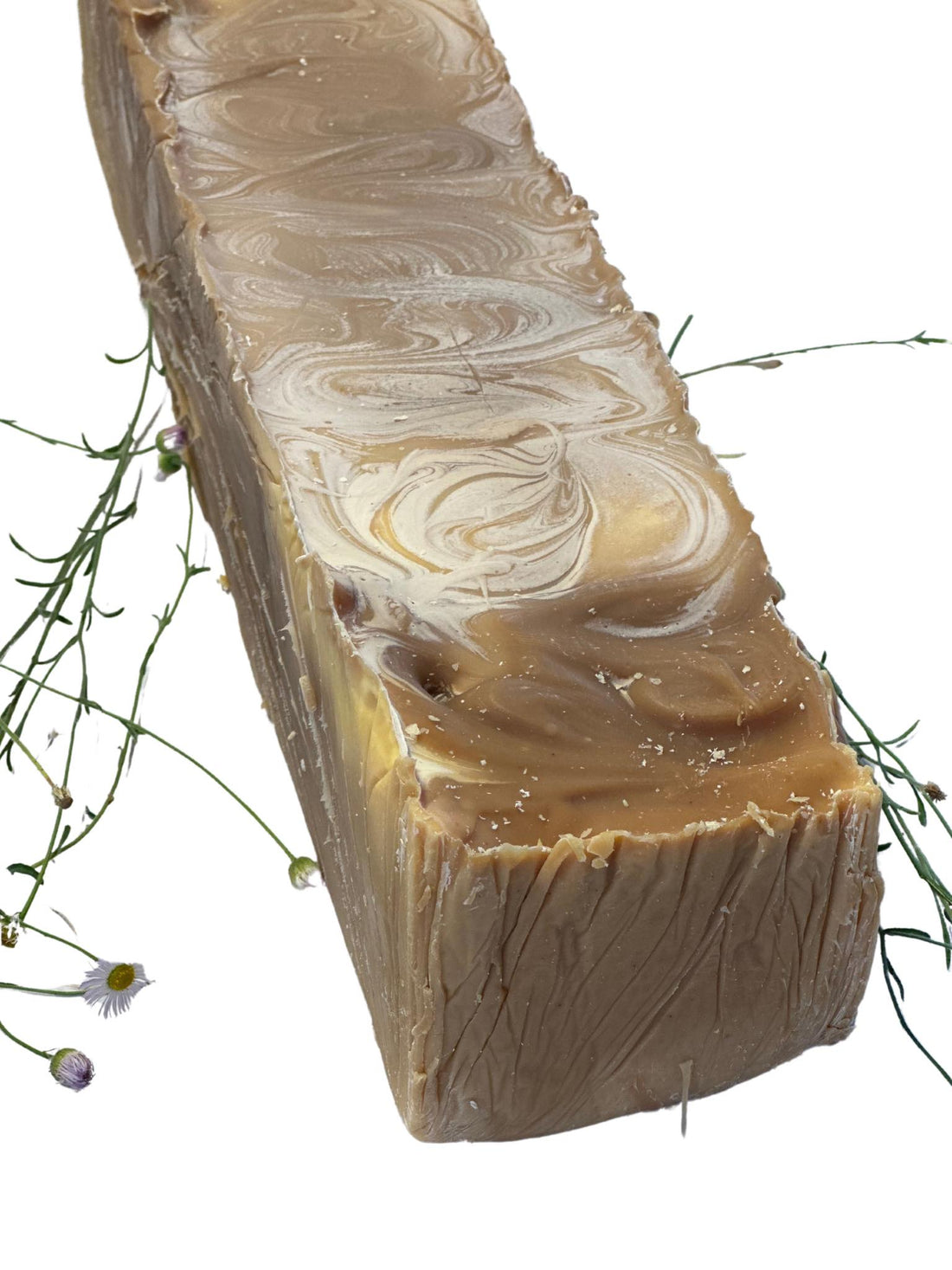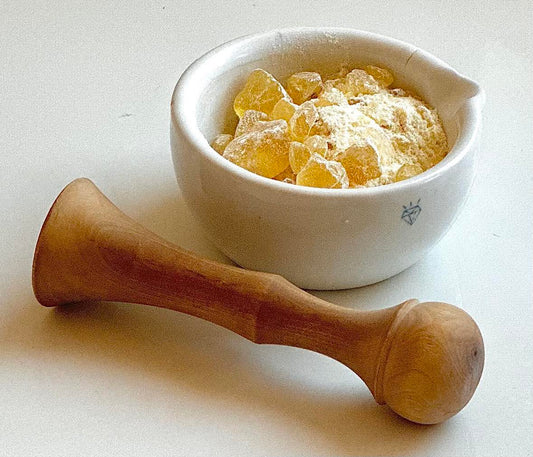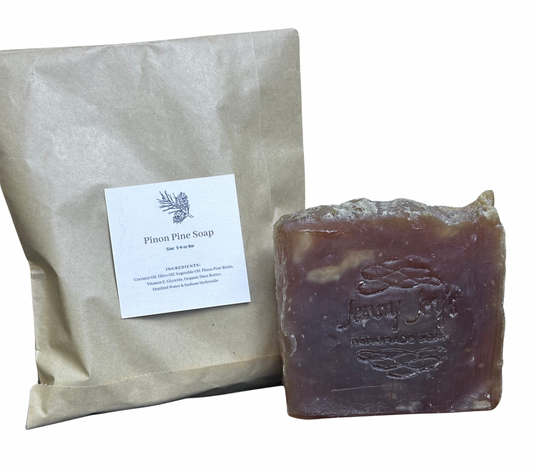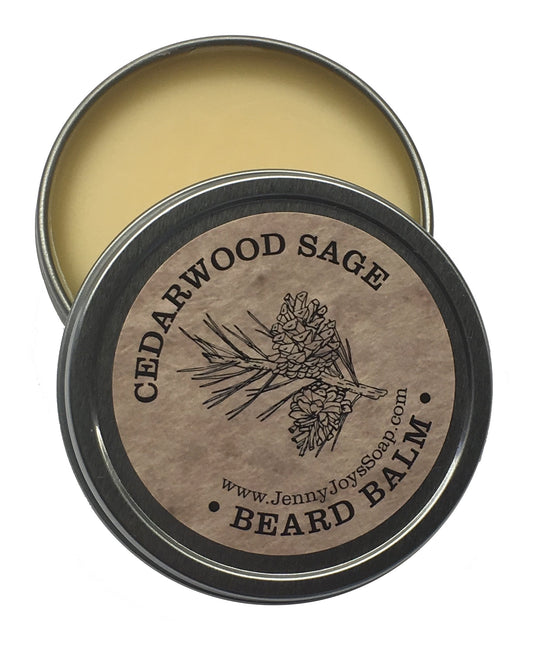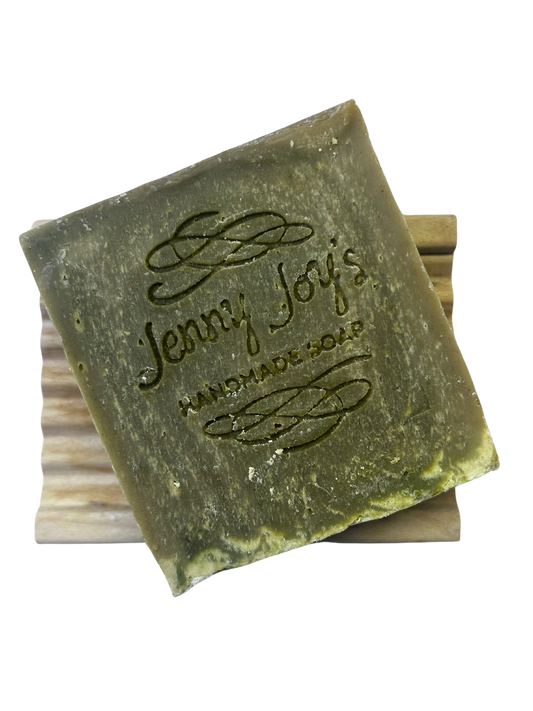Soap has been a cherished companion in our daily lives for centuries. Its cleansing properties have helped societies combat diseases, maintain hygiene, and experience the luxury of cleanliness. In this blog post, we embark on a journey through time to unravel the captivating history of soap making and how it's experiencing a modern-day revival.
When and where soap was first made?
The story of soap begins in ancient civilizations like Mesopotamia, where early soap-makers combined animal fats with alkaline substances found in wood ashes. These rudimentary soaps served essential functions, from cleaning fabrics to aiding in medical practices.

How did soap-making knowledge spread across cultures?
As societies evolved, so did soap making. The knowledge of soap making traveled along trae routes, reaching regions as far as Europe. Soap guilds emerged, becoming centers of innovation and quality control, shaping soap into a valuable commodity.
Industrial Revolution and Commercial Soap
The Industrial Revolution revolutionized soap making. The transition from small-scale, handmade production to large factories marked a significant shift. Branded commercial soaps became accessible to the masses.
Why is handmade soap making a comeback today?
In recent times, concerns over commercial soaps' ingredients and their environmental impact have sparked a revival of handmade soap. People are returning to traditional methods, valuing the use of natural ingredients, customization, and the absence of harsh chemicals. We also published a post for handmade vs commercial soap.

How is handmade soap contributing to sustainability?
Handmade soap often comes with sustainability benefits, aligning with eco-friendly and zero-waste lifestyles. Many consumers are choosing handmade soap for its minimal environmental impact.Jenny Joys Soap, a brand that's not only redefining the soap-making industry but also contributing significantly to sustainable living. Let's delve into how Jenny Joys Soap is championing sustainability through their exquisite handmade soap offerings.
Natural Ingredients for a Green Tomorrow
At the heart of Jenny Joys Soap's sustainability ethos lies a commitment to using natural ingredients. Their Handmade Pinon Pine Soap and Handmade Sandalwood Patchouli Soap are perfect examples of this dedication.
These soaps are crafted with premium ingredients like pinon pine resin, sandalwood, and patchouli oils, delivering an unparalleled cleansing experience while staying true to the environment. By avoiding harsh chemicals and artificial additives, Jenny Joys Soap ensures their products are gentle on both your skin and the planet.
Minimal Environmental Footprint
Sustainability isn't just about ingredients; it's about the entire production process. Jenny Joys Soap's commitment to minimizing their environmental footprint shines through in their production practices.
Their small-scale, artisanal approach ensures that each soap is meticulously crafted, reducing waste and conserving resources. Moreover, they've taken steps to minimize plastic usage in their packaging, favoring eco-friendly alternatives that are recyclable or biodegradable.

Empowering Local Communities
Jenny Joys Soap goes beyond sustainable ingredients and production methods; they also contribute to sustainability by empowering local communities. By employing individuals with neurological disorders, the brand not only provides meaningful job opportunities but also fosters a sense of independence and self-worth among its employees.
This approach is a shining example of social sustainability, where the focus is on the well-being and inclusion of all members of society. To read more about our mission, click here.
Quality Over Quantity
In a world where mass-produced goods often lead to overconsumption and waste, Jenny Joys Soap takes a different approach. Their dedication to quality over quantity ensures that each soap bar is a masterpiece, designed to last longer and provide an exceptional cleansing experience.
This not only reduces the frequency of purchasing soap but also minimizes the waste associated with disposable products.

Educating for Change
Sustainability is a journey, and Jenny Joys Soap recognizes that education plays a vital role in this process. Through their informative blog post, they educate their customers about the value of handmade soap and why choosing sustainable products is an investment in a greener future. By raising awareness and sharing their knowledge, they encourage individuals to make informed choices that benefit both themselves and the environment.
With each bar of handmade soap, Jenny Joys Soap invites us to join them on this journey toward a more sustainable, inclusive, and eco-friendly future.
Be a Part of Handmade Soap Revival
The journey of soap making, from ancient civilizations to modern times, is a testament to its enduring significance. The revival of handmade soap reflects a return to natural, eco-conscious living. As we reflect on the past and embrace handmade soap's resurgence, let's celebrate not only the luxury of cleanliness but also the artistry and sustainability that come with it.
Curious to experience the art of handmade soap? Explore our handmade soap collection. Join us in this journey through history and sustainability.
